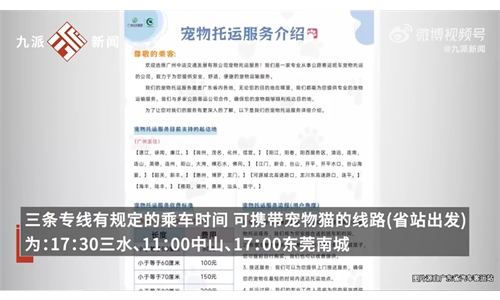
A city view of Guangzhou in South China's Guangdong Province Photo: VCG
Guangzhou city, South China's Guangdong Province, announced that the purchase of residential properties with a floor area of 120 square meters or more will no longer be subject to the government's purchase restriction measures, making the city the first among the first-tier megacities to partially lift the restriction on property purchases.
The new policy in Guangzhou will not discriminate any buyers no matter they are local residents, individuals or households provided they buy residential properties with a floor area of 120 square meters or more, including both newly built and second-hand homes.
Additionally, existing residential properties with a floor area of 120 square meters or more, owned by individuals, will not be counted when calculating the number of properties owned in the city.
As the first tier-one megacity to significantly relax property purchase restrictions, the move will help accelerate the turnover of housing trade and further unleash demand in the property market, Zhang Hong, a veteran real estate industry observer, told the Global Times on Sunday.
The policy is expected to serve as a reference for policy adjustments in other cities, contributing to meeting the diverse needs of the citizens, and help lift up the Chinese real estate market, Zhang said.
Chinese policymakers have rolled out a number of support measures to inject momentum into the property sector, such as easier access to loans for developers, cuts in property mortgage rates, and relaxed rules on buying homes.
The housing regulator said on Friday that in response to significant changes in the supply and demand dynamics of the real estate market, they will accelerate the establishment of a new development model for the real estate sector. The model aims to combine both short-term and long-term measures, addressing root causes, and fostering a stable and healthy development of the real estate sector.
The regulator emphasized the need to delegate housing policies to individual cities, implement targeted measures, and encourage specific strategies to be taken by each city. They called for the effective use of policy tools and the delegation of regulatory autonomy to cities, allowing them to adjust real estate policies according to a city's local conditions.
On January 25, the National Bureau of Statistics released highly anticipated data related to the real estate market for 2023. Amidst a broad correction across the property industry, total investment in real estate development in China ended at 11.0913 trillion yuan ($1.5 trillion) last year, down by 9.6 percent from 2022.
Industry experts believe that the country's real estate market maintains a relatively solid foundation for long-term healthy development. Helped by the introduction of several significant favorable policies since the fourth quarter of 2023, there is a trend of stabilization and improvement in property sector indicators for 2024.
Global Times


